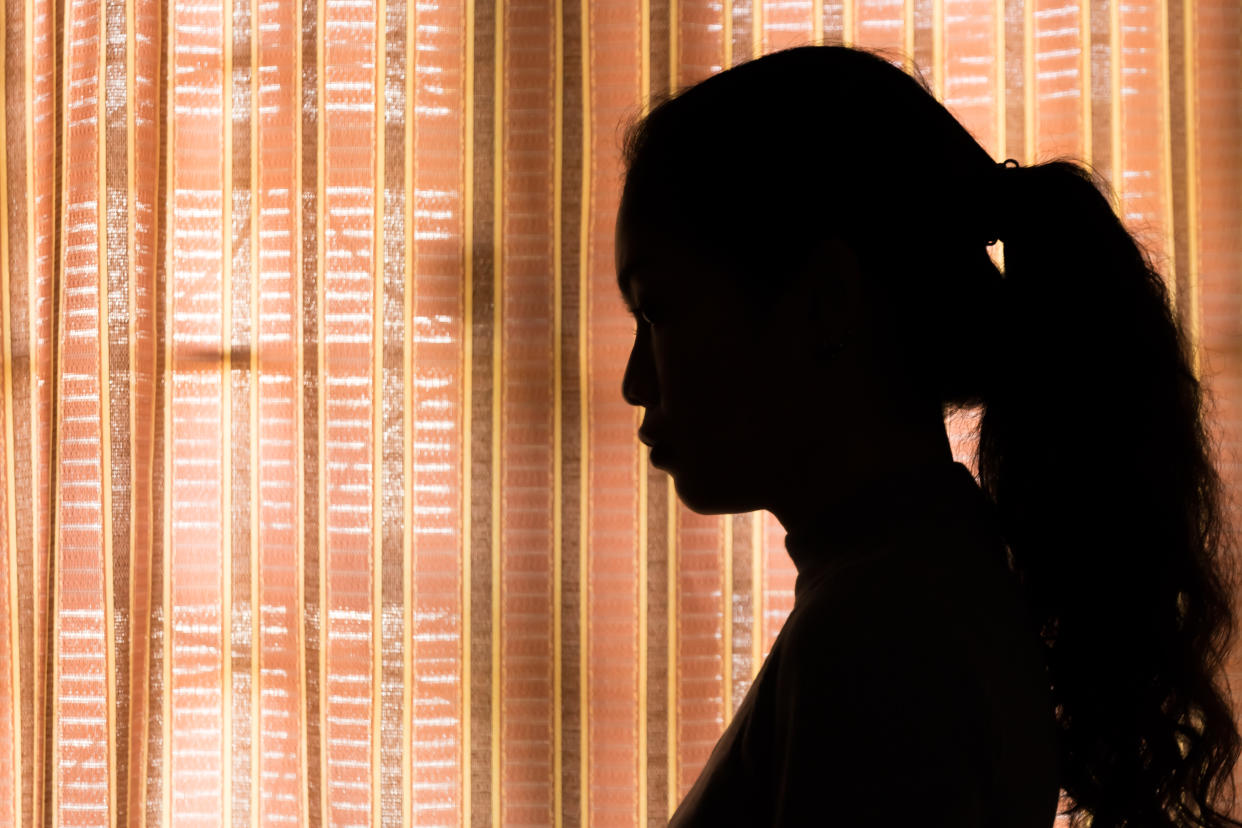More efforts needed to prevent suicide in Singapore: experts

SINGAPORE — Experts called for more efforts to prevent suicide in the Republic during a forum organised by the Samaritans of Singapore (SOS) on Thursday (26 September), as decriminalisation of attempted suicide takes effect next year.
Dr Majeed Khader, director of the Home Team Behavioural Sciences Centre, said that a lot more can be done in terms of putting in place systemic structures, for instance, in the way the police respond to cases.
“For a long time, we have relied on existing structures...(and) reliance has been on legislation. Without legislation, we definitely need more structures,” said Dr Majeed, one of three participants during a keynote dialogue on suicide in Singapore.
In May, Parliament approved changes to the Criminal Law Reform Bill including on decriminalising attempted suicide. Under current law, a person who is convicted of attempted suicide may face a jail term of up to one year or a fine or both.
The two-day forum, titled Unifying Communities; Strengthening Hope, was held in conjunction with the non-profit suicide prevention agency’s 50th anniversary.
More than 300 people attended the event, among them experts from different fields who share their experience with suicide, including those from LGBTQ help group Oogachaga and migrant worker help group HOME.
Dr Daniel Fung, chairman of the Institute of Mental Health's medical board, called for the development of a stronger “crisis response system” that better manages and follow through high-risk cases to ensure that they get appropriate help.
“The single most predictive element for a fatal suicide is a non-fatal suicide,” stressed Dr Fung.
He also called for more local research on successful suicide interventions and a national one-stop resource portal that can aid those seeking help.
“Currently, we only have SOS and its hotline. There isn’t really a 24/7 support system. Even online, if you go to SOS, there isn’t enough information on help or where to go,” said Dr Fung. “We are working on that.”
More can also be done in the workplace to educate supervisors and colleagues on how to help those suffering from mental health issues, as well as to curb online influence of suicide-related issues, noted Dr Majeed.
The influence can come from the normalisation of suicide in internet entertainment service Netflix’s 13 Reasons Why and the glamorisation of celebrities who kill themselves, such as Anthony Bourdain or Kate Spade, he added.
“Now, the kids are sharing pictures of (self-harming) – (they) get a deluge of sympathy from friends when (they) do that,” said Dr Majeed.
Controversial issue
When asked by moderator and Nominated Member of Parliament (NMP) Anthea Ong on whether decriminalisation of attempted suicide would encourage more of such acts, all three experts disagreed.
The controversial issue had left parliamentarians divided during a debate over the bill in May.
Holland-Bukit Timah GRC MP Christopher de Souza said then that retaining the criminalisation of attempted suicide was “a more compassionate approach” to deal with the issue.
It would signal that “taking one’s life is not the answer to life’s problem” and save more lives, he noted, adding that it can also prevent euthanasia from taking root in Singapore.
However, Dr Fung stressed, “I am not sure that the law (if preserved) would have deterred (those who want to attempt suicide) and I think it’s hard to think of it that way.”
He added, “Because when someone is suicidal, the focus becomes very narrow. There is a change in the whole psychology of that person. And in some cases, where they actually have a serious illness, that would also impair the judgment.”
Wong Lai Chun, head of partnerships and engagement at the SOS, said that when someone is at high risk of attempting suicide, they would not be considering the consequences of their actions.
“They would not think that they would survive the suicide in the first place,” she explained.
Showing compassion
Dr Majeed did note that the law, inherited from the British, came from a “compassionate perspective” – “the idea that you should not kill someone which was extended to the idea not killing oneself”.
Its aim was not to harm or humiliate anyone who attempted suicide, but it eventually came with “complications”, such as having to arrest the person and for them to have a police record, he explained.
“You need to show mercy and compassion to those who have suicidal intent,” Dr Majeed added. “The reason why there's this call for decriminalisation is because of the recognition that, perhaps we are a mature society and getting better.”
Dr Fung pointed out that, however, decriminalisation does not directly “de-stigmatise” suicide. “A lot of the stigma (starts) at the family and self. You got to accept that that’s still an issue,” he said.
According to the SOS, there were 397 reported suicides in Singapore last year, a 10 per cent rise from the year before.
It also had the highest number of suicides among male teenagers – defined as those aged 10 to 19 – since 1991, with 19 deaths reported.
Last year, the number of deaths by suicide was 8.36 per 100,000 Singapore residents, an increase from 7.74 in the previous year.
In 2017, Singapore saw its highest recorded number of elderly suicides, with 129 individuals aged 60 and above ending their lives.
The World Health Organization this month reported that one person takes their own life every 40 seconds globally. Close to 800,000 people die by suicide every year – more than are killed by malaria or breast cancer, or by war or homicide, it added.
Related stories:
Suicide kills one person every 40 seconds, says WHO
Suicide numbers rose 10% in 2018, still leading cause of death for youths: SOS
Parliament: MPs divided over decriminalisation of attempted suicide
Meaningful calling: SOS volunteers help people in distress to cherish life
Grief, waste and 'Loss Adjustment': The journey of bereaved parent and author Linda Collins


